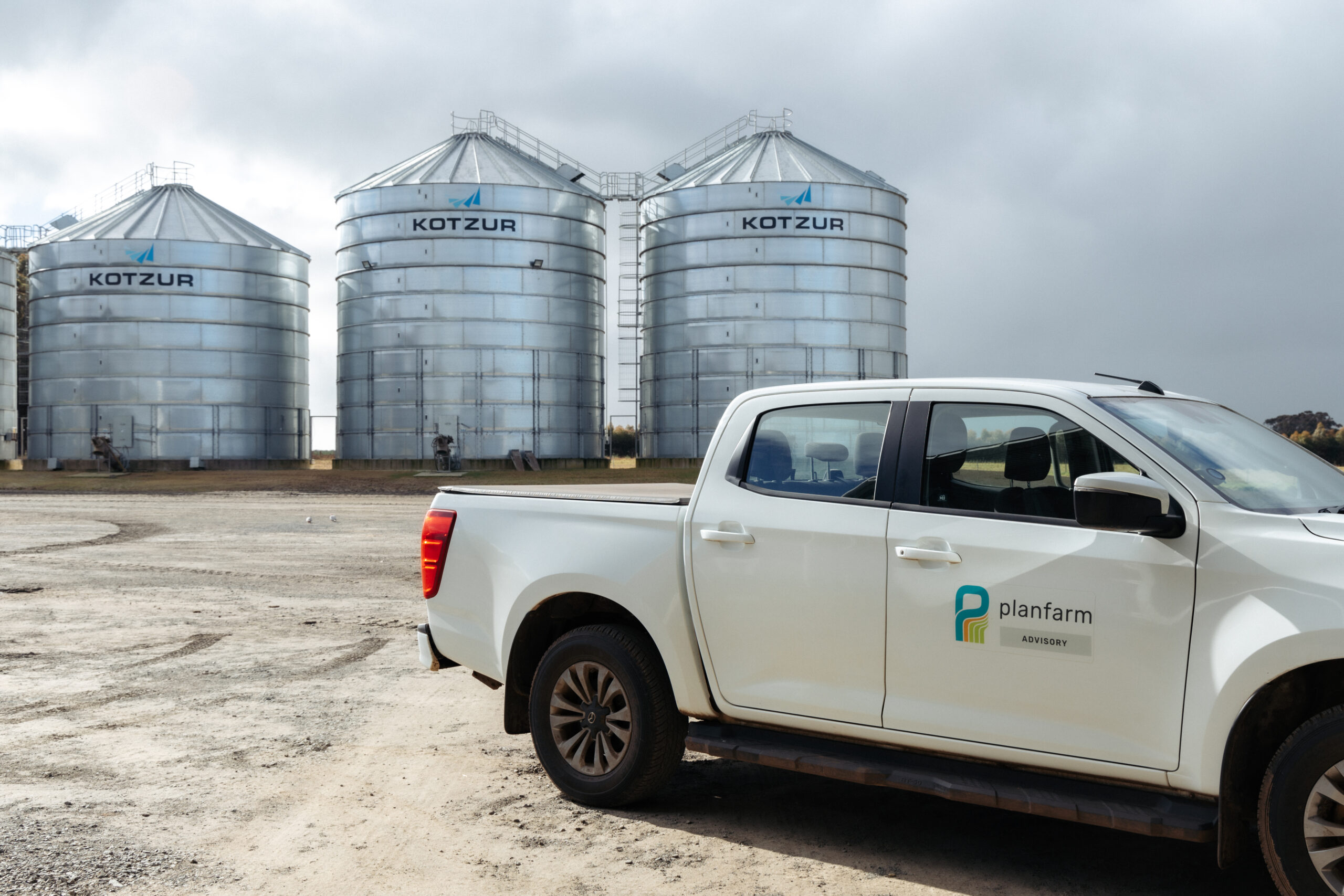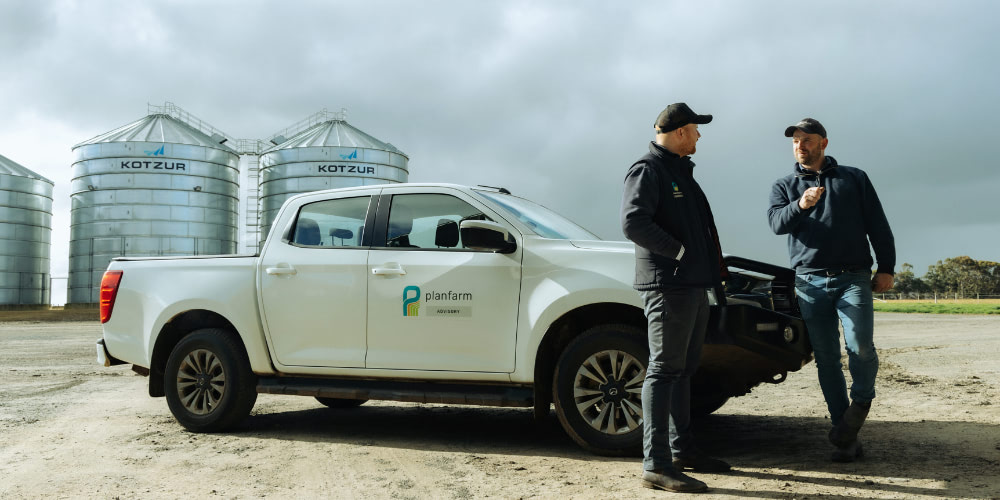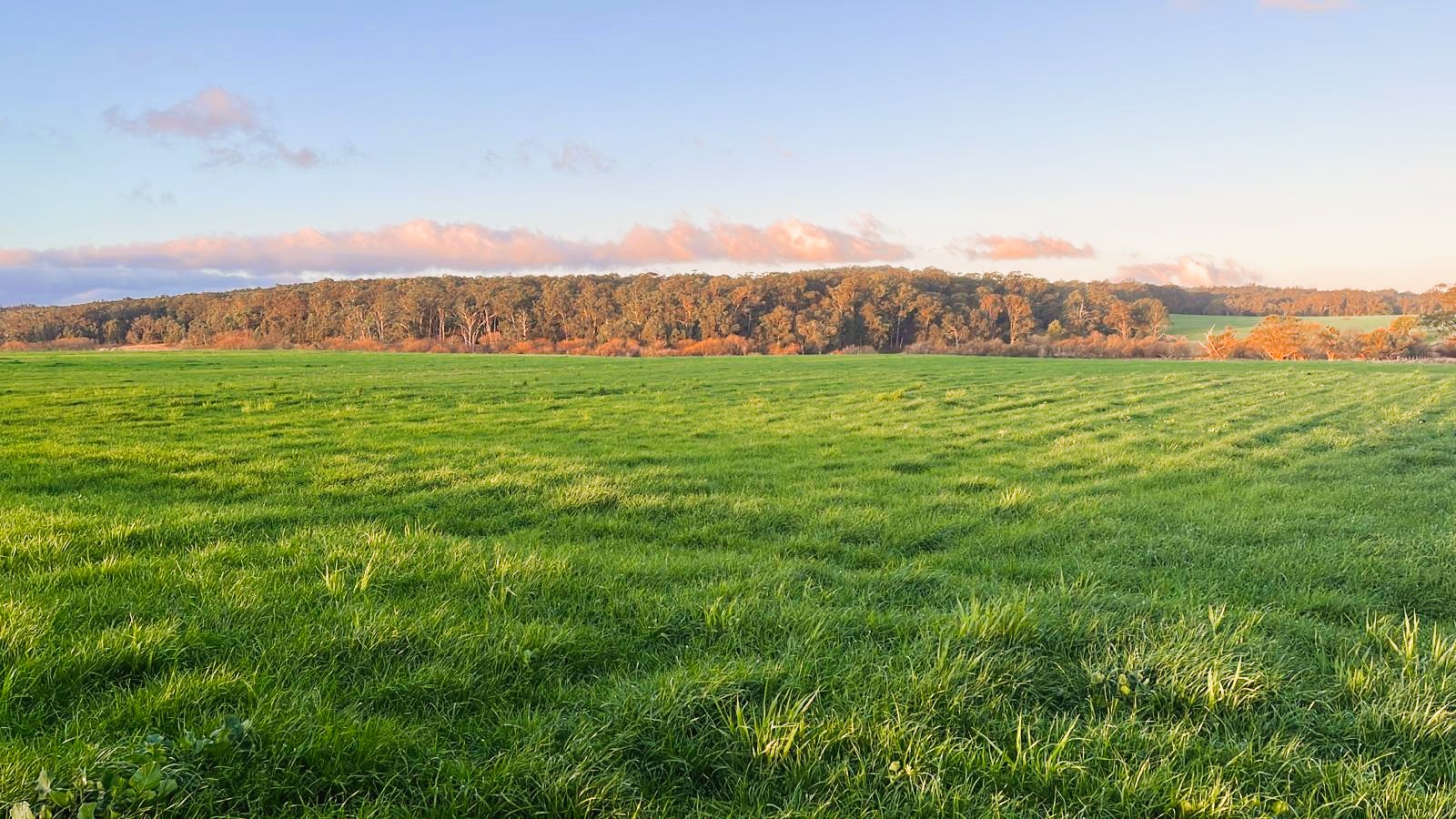By Cam Weeks
I recently had two brothers (both in their mid-30s) who, between them, have good scale and good equity and, for the most part, get on quite well. The brothers are fortunate in that their parents had planned well for their retirement and were very proactive on the farm succession front. Thus, succession is complete, and the brothers and their partners are now planning for
their futures as farm business ‘owners’.
The discussion was largely about splitting the farm business, and after some probing, the major motivation was so that each family could make their own decisions regarding their children’s education, off-farm property purchases, off-farm investing, etc.
In other words, each family was seeking ‘financial freedom or independence’ – something that most family units take for granted but that can frequently be compromised when farming in
partnership with other family members.
I’ve written previously about exploring all avenues to keep the farm business together for as long as possible to maintain the benefits that come with scale. With scale, you can optimise plant/equipment, labour, use of professional services, etc., and leverage buying power.
Very importantly, you can also afford to make capital purchases (i.e. farmland) that smaller-scale businesses cannot, and as farmland values, machinery and input costs have increased, farming has more and more become a game for those with capital & scale.
So why, as soon as it’s achieved, do so many then decide to divide it?
The answer is always a people-related one and can perhaps be summarised as ‘it is so much easier from a decision-making perspective’.
Remaining in partnership with another related family unit (or more) is typically hard work. It certainly takes sustained effort to communicate clearly, effectively, unemotionally and honestly with other family members – that I am sure some of you know first-hand!
But, for the effort and hard work needed to be effective (and happy), is the upside not worth trying your hardest for? In a game that is so capital-intensive, shouldn’t you strive to build capital rather than divide it?
Now before I push on, I’ll state what should be very obvious, there is no point even trying to keep brothers/families together that don’t like each other! Whilst this is a very sad outcome under such a circumstance, personal well-being far outweighs the benefits of scale and capital.
Assuming this is not the case, though, and perhaps back to the two brothers, I’d like to say that for many, the motivation to split the business is really about financial freedom (or the lack of it!).
Once on your own, you can decide on education, the Perth house or the coast, etc. So long as you can afford it, you just do it!
Over the last half a dozen or so years, I have found myself pushing clients who farm in partnership to think differently about how they reward themselves, with the aim being to create ‘financial freedom’ and, thus, hopefully, keep the business together for longer.
The model sees two payment components. The ‘wage’, is paid rain, hail or shine for working/managing, and the ‘dividend’ is a financial reward or return for ownership and is
directly linked to rain and financial success.
The ‘Wage’ (commonly taken as drawings) should be commercially appropriate with the package, including fringe benefits, education expenses & super (if agreed to). The aim is typically to reward partners equally, which means with extras like education – if one needs, say $40K net of government assistance to send a child off to boarding school, then the other receives $40K of cash.
An underlying principle is that children are a choice and that equality should be maintained regardless of the choices made here.
The ‘Dividend’ – a payment made to partners as a reward for financial success. This is the reward for choosing to invest in farming and would, of course, only be made if the business is profitable! For businesses still looking to grow, I have seen this settle at about 10% of after-tax profits (calculated off our annual report and in an agreed way) to each family. Thus, for a two-family business, this would still see 80% of after-tax profits remain
with the business to grow/pay down debt.
The best way forward here is for the family units to consider their business objectives, consider what can be afforded, and develop a guiding dividend policy.
The principle of the above model is twofold. To pay yourselves well for hard work and hopefully good management AND to reward yourselves for farm investment decisions. The two types of payments for a good profitable business should add up to a very healthy package that, through time allows a family unit to build off-farm wealth, allowing them to make their own investment decisions and even if they would like to spoil themselves on a few of life’s luxuries – for example, a boat?! By paying a dividend, each family would receive a direct financial reward for successful expansion decisions.
If you ponder what I have proposed above, you will find this is how most non-family private companies, whereby the workers are also the owners reward themselves! History says family businesses have so often gotten it wrong by underpaying and paying differently depending on age, children, etc. It has also typically been family businesses that struggle to understand the difference between working and owning!
So, my message – pay well, pay fairly, pay equally (assuming equal contributions) and pay a dividend (assuming the business is profitable). That way, you should create financial freedom, and I have no doubt you will find the task of continuing to work in partnership so much more rewarding, enjoyable and sustainable.



